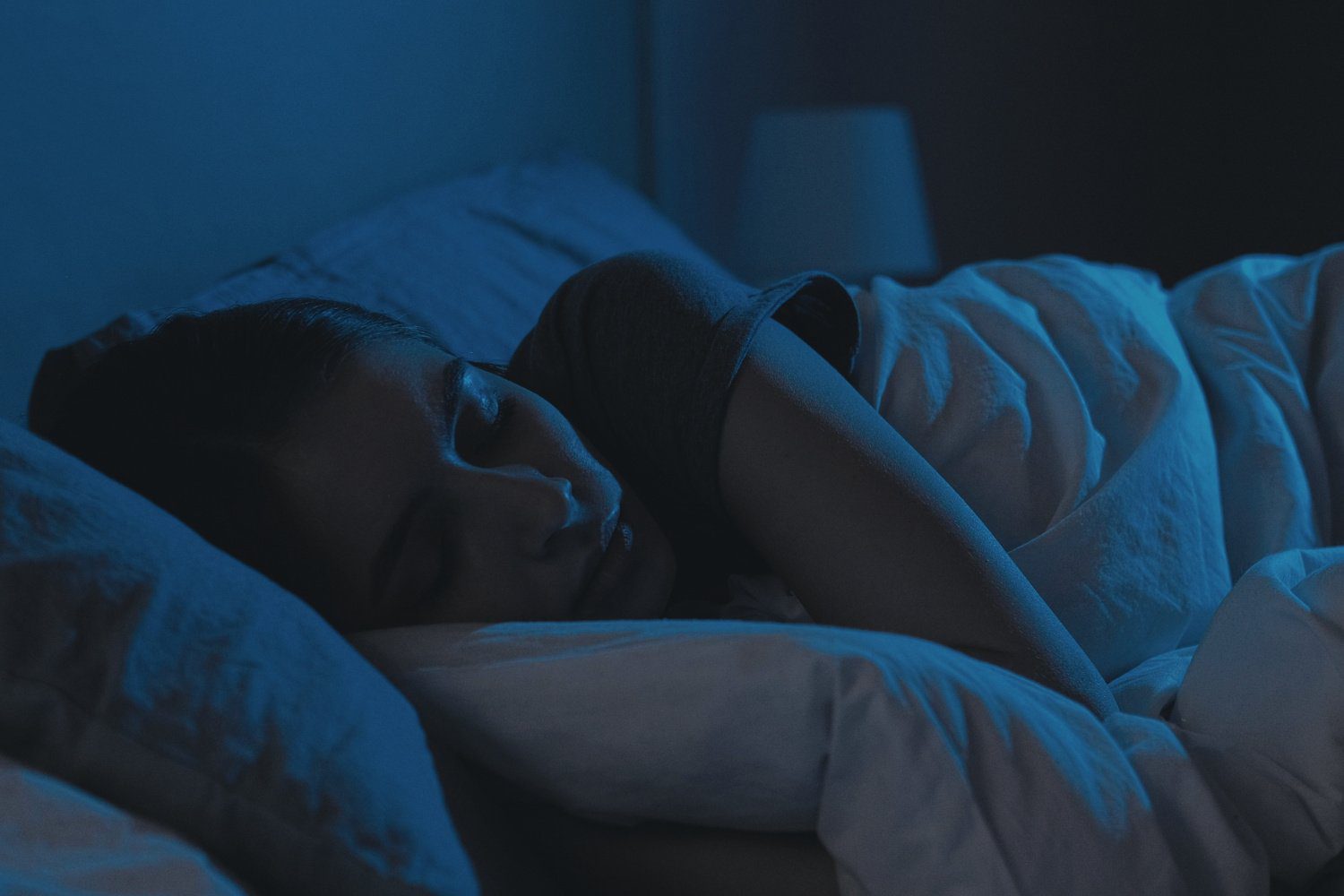
How often do you reflect on your dreams? Have you ever awakened with the awareness that you dreamed, yet struggled to remember the specifics? Research suggests that our dream recall abilities could be shaped by various factors.
A team of researchers from Italy has dedicated the last four years to investigating what’s known as “morning dream recall.” Their recent study was published on Monday in the journal Communications Psychology. This research delves into how different traits and behaviors appear to affect our capacity to remember dreams upon waking. Gaining insight into morning dream recall could greatly enhance our understanding of dreaming itself—an enigmatic function of the brain that remains largely undefined in the scientific community.
“Our research indicates that remembering dreams is influenced by more than just chance; it reflects the interplay of individual attitudes, cognitive attributes, and sleep patterns,” said lead researcher Giulio Bernardi, a psychologist at the IMT School for Advanced Studies in Lucca, in an official university statement. “These findings not only enrich our comprehension of dreaming mechanics but also open avenues for investigating the connections between dreams, mental health, and human consciousness.”
Bernardi and his team analyzed over 200 participants aged 18 to 70, asking them to document their dreams while wearing sleep-monitoring wrist devices over a period of 15 days. Participants completed tests and surveys regarding various personal aspects, including their interest in dreams, distractibility, and levels of anxiety both before and after this period.
The researchers discovered a diverse range of morning dream recall abilities among the participants, along with several potential influencing factors. For instance, individuals with a positive perception of dreams and a propensity to daydream tended to remember their dreams more often. Seasonal changes also seemed to impact recall rates, with participants experiencing greater dream recall in spring compared to winter.
Moreover, those who spent more time in light sleep, particularly younger individuals, were more prone to remembering their dreams. In contrast, older participants frequently reported waking up with an awareness of having dreamed but could not recall any details—a phenomenon termed “white dreams.” Interestingly, the researchers noted that these “white dreams” could indicate actual dream experiences, even if the recollection of their content faded upon awakening.
“The data gathered from this research will serve as a benchmark for future comparisons with clinical populations,” said Valentina Elce, the study’s first author and a PhD candidate in cognitive, computational, and social neurosciences at the IMT School for Advanced Studies Lucca. “This will advance our research on the pathological changes in dreaming and their potential prognostic and diagnostic significance.”
It’s important to note that since dreams are self-reported, there is a risk of bias in the study. Nevertheless, Bernardi, Elce, and their colleagues have identified key influences on morning dream recall, illuminating an intriguing brain function that has fascinated humanity for centuries.









